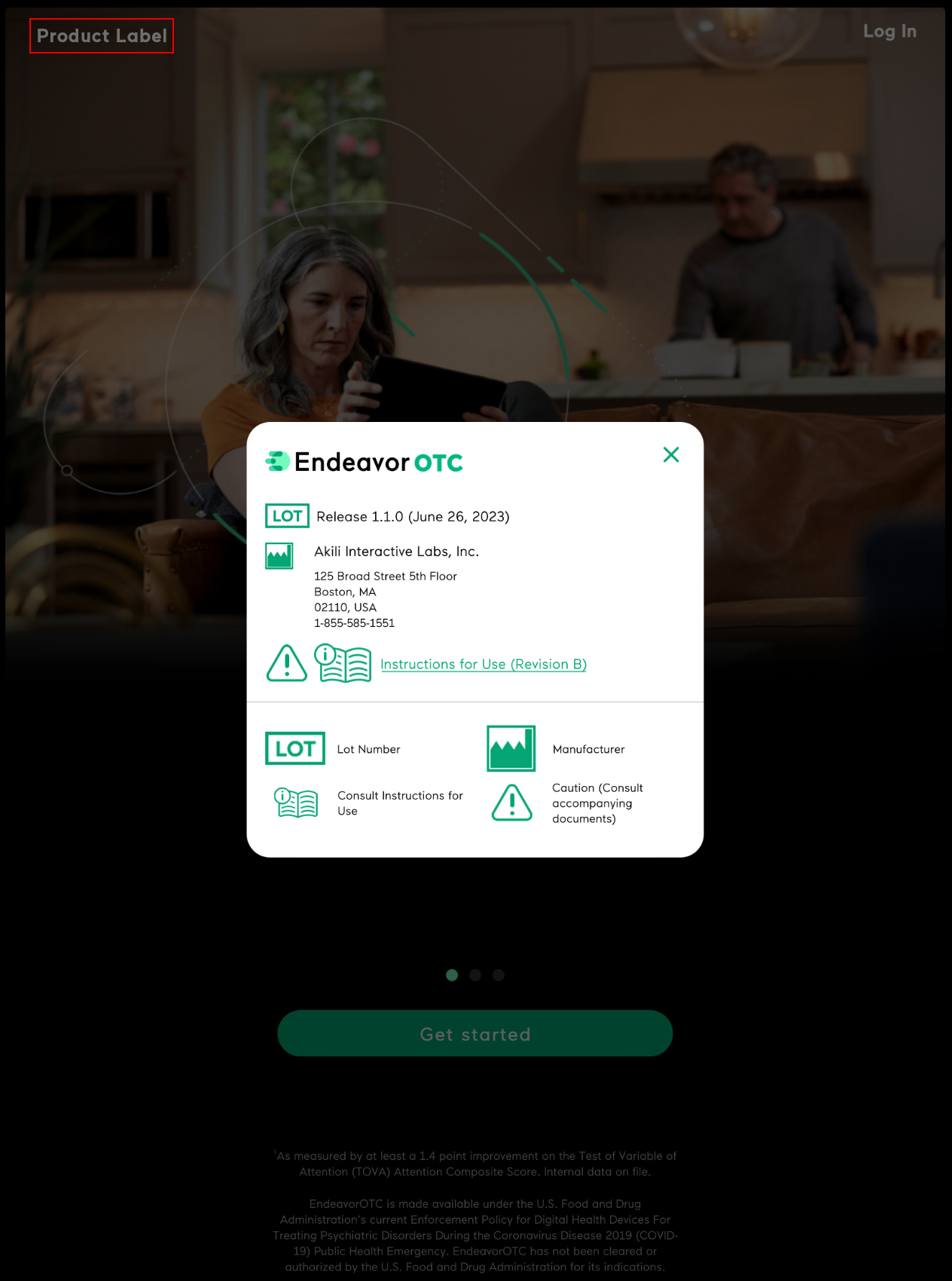5 Tips for Managing ADHD Symptoms during Pregnancy

Pregnancy often introduces a mix of physical, hormonal, and emotional changes
For birthing parents with ADHD, these changes can sometimes affect their symptom severity. Hormonal fluctuations may impact attention, mood, and organization. On top of that, stimulant medication may have been disrupted for part or all of the pregnancy. Understanding how ADHD may manifest prenatally is crucial for both new mothers and their support systems. Below are 5 tips to help manage ADHD symptoms during pregnancy.
Even if you may not meet criteria for ADHD diagnosis, if you are experiencing ADHD-like symptoms during pregnancy, the same tips to help manage inattention, distractibility, mood and organization may still be helpful.
Managing Your ADHD Symptoms during Pregnancy
-
Consider using tools on your phone
The notes app or voice memos can help you to jot down a thought before you forget it. While physical reminders are generally more effective than phone reminders, if you always have your phone, this can help you capture the thought before you get to the physical piece of paper.
-
Set realistic expectations for yourself
Preparing for a baby can be stressful, and it can feel like you need to do more than ever and with limited time. Instead of expecting yourself to become a “super person”, try to give yourself some extra grace if certain tasks are harder or your frustration tolerance is lower.
-
Break it down
There is always more you can do to prepare, and as an expecting parent, the pressure to do it all can feel overwhelming. If you have ADHD or ADHD symptoms, this increased pressure can make it even harder to complete the “must have” tasks before your baby arrives. Try listing out all the things you’d like to complete before the baby arrives. Then rate them as “A,B,C”. “A” tasks might be getting a car seat to take the baby home, where a “C” task may be decorating a nursery with pictures. Once you rate your tasks, anything that is a “C” or “B” becomes bonus. Celebrate the wins you make toward “A” tasks (highest priority).
-
Ask for help
If you have a support system, let them know what to expect from you and how they can best support you. Cultural or familial beliefs around gender-roles and practices can influence child-rearing responsibilities (Arends-Tóth, & van de Vijver, 2008). If you have ADHD or ADHD symptoms, consider outsourcing some organizational tasks, if possible. This may mean asking your support system to help set up schedules, reminders and timelines for when tasks need to be completed.
-
Consider your treatment options
If you suspect you have ADHD or notice significant changes in your symptoms during pregnancy, consult your healthcare provider. A professional evaluation can determine the best approach to managing ADHD while protecting the well-being of both the mother and child. Timely interventions can contribute to a healthier, more balanced motherhood experience. For many, medication may not be the right option during pregnancy but symptoms can still persist. EndeavorOTC—a non-medication treatment that is proven to reduce ADHD symptom severity and improve focus—can be a safe option for pregnant women. Please review more information on EndeavorOTC and speak with your healthcare provider to see if it might be right for you during this time.
For a more in depth look at tips for managing ADHD, see ‘Tips for Improving Focus and Concentration for ADHD’.
Note, while this article predominantly discusses ADHD in terms of birthing parents, it is important to note that there are both sex and gender influences on ADHD presentation. More research is needed into understanding ADHD interactions with pregnancy for birthing parents that do not identify as women.
